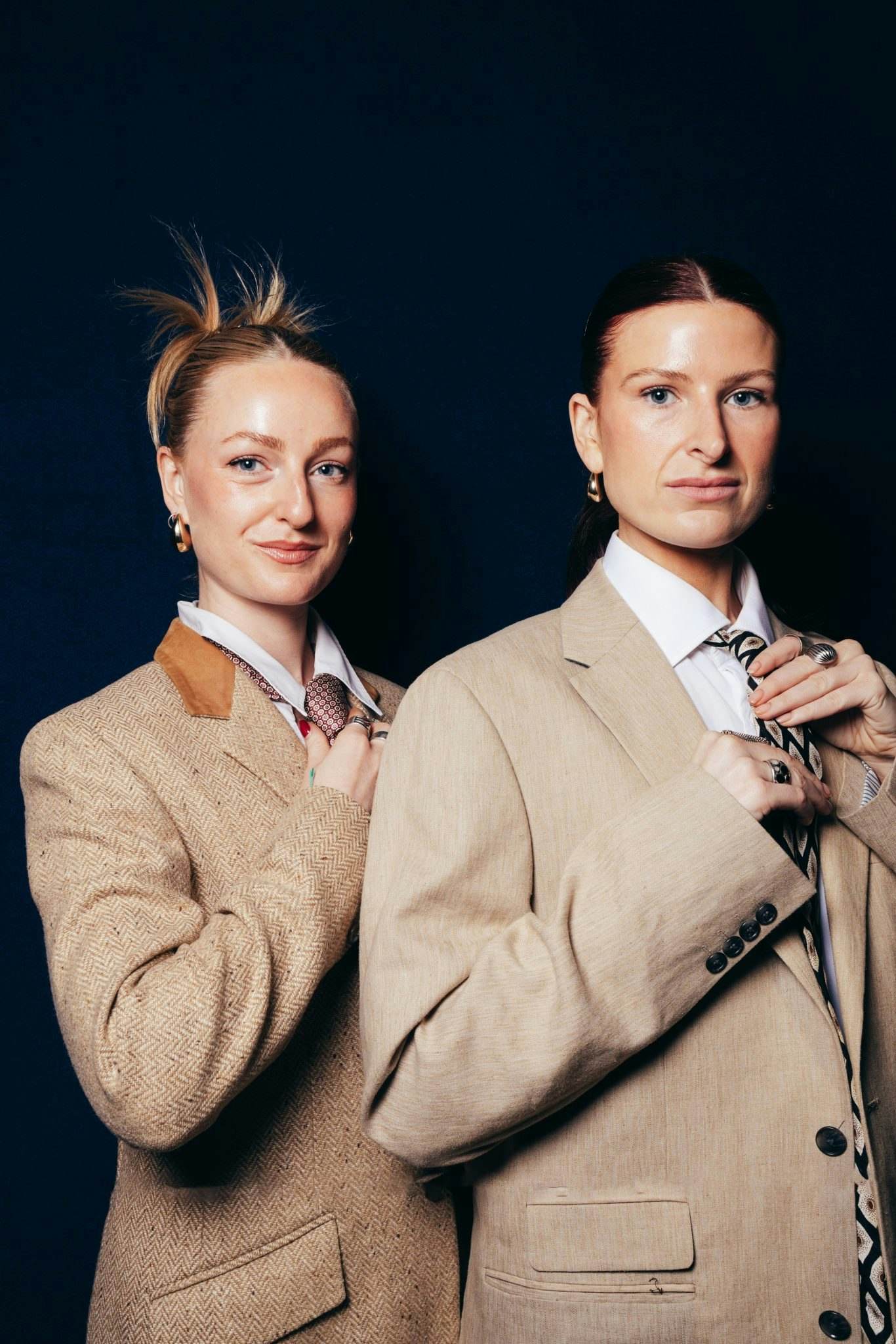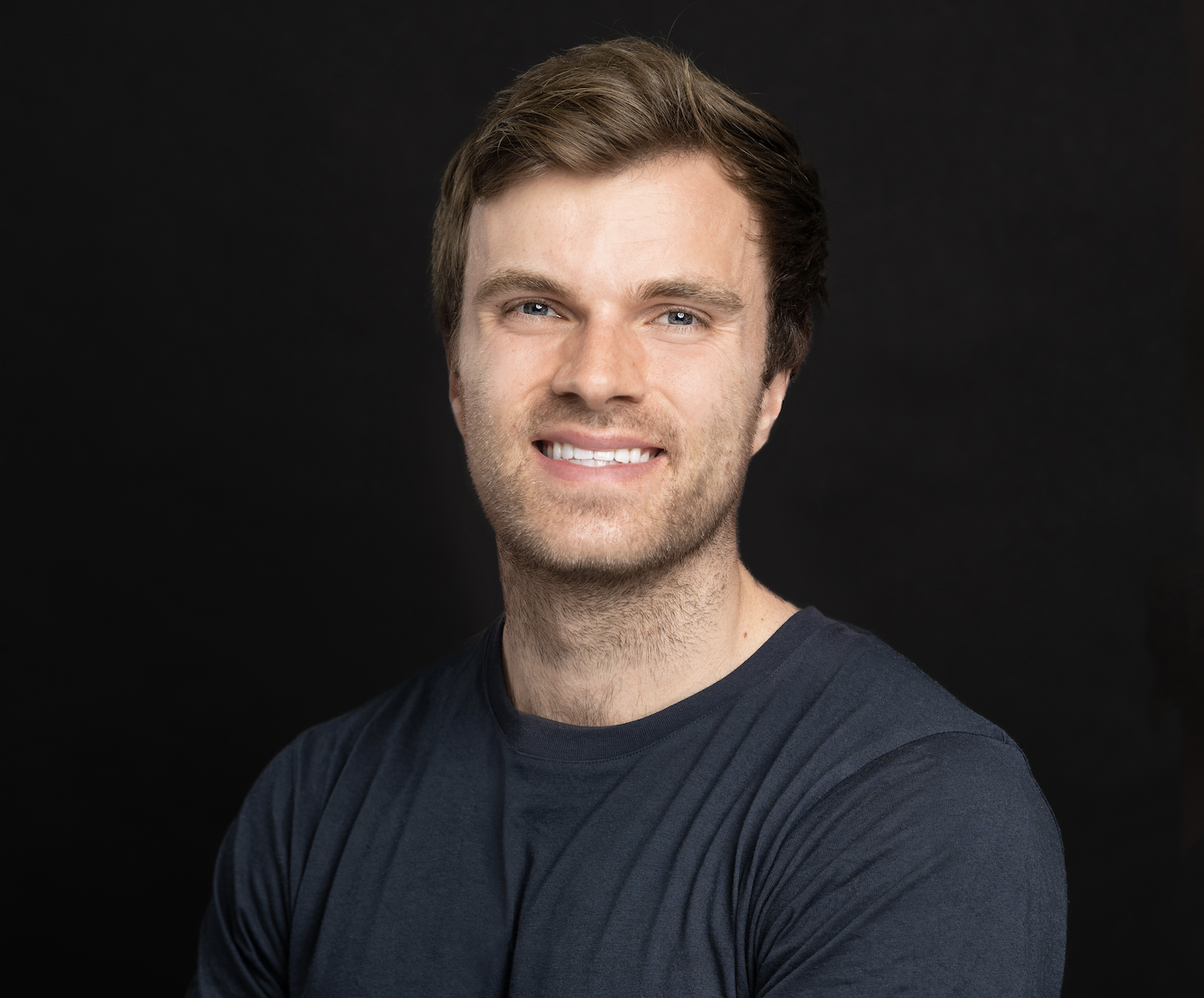If you want to raise your own VC fund one day, starting a podcast isn’t a bad way to begin.
Steven Bartlett, star of British TV phenomenon Dragons’ Den and host of Europe’s most downloaded podcast, The Diary of a CEO, is now raising a $100m VC fund to back early-stage companies.
And, as is very much the zeitgeist in Europe right now, his backers are almost entirely current or former entrepreneurs themselves.
“When I speak to friends who’ve built great companies here, the feedback I’ve heard over and over again is that there’s a certain fatigue and pessimism towards taking capital from investors that haven’t been there and done it,” Bartlett tells Sifted.
Luckily for him, a serial founder himself, his many many hours of podcasting have given him an “incredibly extensive network” of European entrepreneurs — many of whom are now backing his new fund, Flight Story, he says. He won’t actually give us many names though, or confirm how much of the fund has closed. His team insist that he has "verbal and contractual commitments for the entire amount".
He’ll be investing in some pretty buzzy areas — biotech, blockchain and space — and hunting for underrepresented founders in particular.
“If we don’t back the next female-founded unicorn in the next decade, I would consider myself a failure with this fund,” he tells Sifted.
Scratching the VC itch
As Bartlett admits, raising and running a VC fund is “a lot of effort”.
Why, then, given he’s already a millionaire, is he bothering?
“At this phase of my life, making a load of money doesn’t seem a significant enough motivator to go through hardship,” he says. “My passion in life is building companies, taking things from 0 to 100.
“It’s going to enable me to use my network, my resources, to build greater companies, to accelerate them in a way that I don’t think they would be able to accelerate otherwise.”
He’s now spent two years working on this fund — “funds are much easier to raise when you’re taking huge pools of capital from institutions, they’re very difficult to raise when you’re taking small cheques from great successful founders” — and has three deals ready to sign, he says.
Bartlett, who apparently thinks that running a VC fund is a side hustle, reckons it will take up “about 30-40%” of his professional time. His brother, Jason Bartlett, an investor who previously worked at UK pension fund Railpen, is also working for the fund. The two brothers previously cofounded another investment vehicle, Catena Capital.
Flight Story Fund
The fund will invest $1m to $10m in up to 10 early-stage startups based in Europe per year. Very little of the fund will be reserved for follow-on investments.
Bartlett’s investors include Alan Barratt, CEO of sports nutrition brand Grenade, and Christian Angermayer, the billionaire tech investor and founder of biotech company Atai Life Sciences (A company Bartlett has worked with for several years as an investor and “creative director”, according to LinkedIn). He won’t share any further names.
All of his investors have agreed to support portfolio companies working in their fields of expertise, he says.
They’ll also play a key role in running due diligence on potential investments. The fund, he says, has a board of “technicians” who have years of experience analysing companies from a due diligence perspective. That board includes his brother and Andy Leck (CFO of Bartlett’s marketing company Flight Story).
“Once a company passes that forensic analysis, it will go to an investment committee consisting of me and four others, and then to an LP committee,” Bartlett says. Again, he won’t name who else is on the investment committee other than Angermayer.
On the LP committee is one investor from each of the fund’s (fairly broad) target investment areas — biotech, healthtech and wellbeing, blockchain, space, commerce and technology.
Dripping in dealflow
Dealflow will not be a problem from the sound of things. “We got just shy of 1,000 inbound enquiries from entrepreneurs last month for investment or support in some capacity,” Bartlett says.
He also thinks he’ll be able to find the kinds of investments that copycat mainstream VCs miss out on. “The founders we’re targeting typically aren’t looking for capital, but other forms of support — for me to join their board of directors, or for one of our LPs to support their business or open up their network.”
In the coming months, he says he’d like to “crank” that dealflow up “several multiples greater”.
He’s also very much hoping to back plenty of underrepresented founders — and says the fund has set “some internal targets as to how diverse our allocation is in terms of founders”.
“We’ll release these statistics on the Flight Story website as the fund starts making deals, and telling the story of our investment diversity across our social channels,” he says. “For us, it’s an adjacent but important crusade we’re on.”



